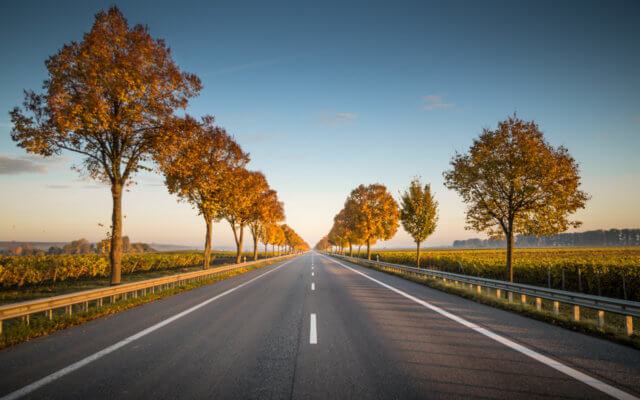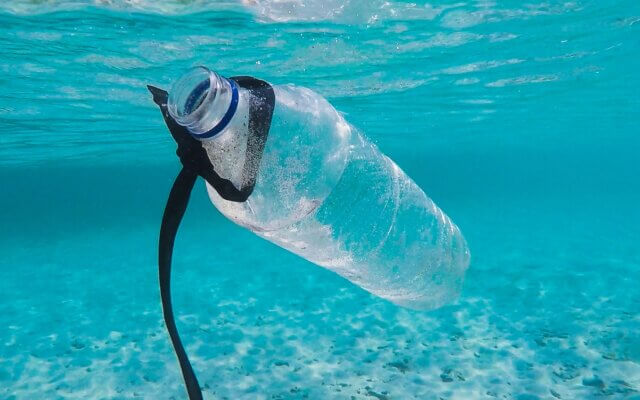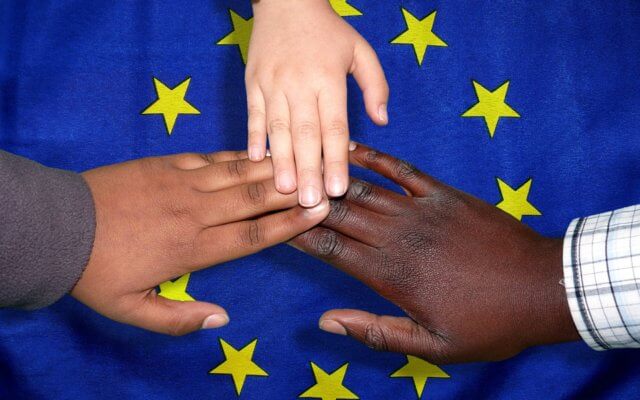ERASMUS+, Klíčová akce 1: tréninkový kurz
Místo konání: Tarascon sur Ariège, u Toulouse, Francie
Termín konání: 11.—23. září 2024
Český tým: 3 účastníci (ve věku 18+)
Přečtete si info-pack.
Hostitelská organizace: SolAfrika
Report z projektu:
Zdravím!
Ráda bych shrnula projekt, kterého jsem byla součástí. Nesl název ‘Welcome’, konal se ve Francii a pořádala ho organizace Solaf.
Náš tým započal cestu dva dny před samotným začátkem kurzu, abychom si na naší dlouhé cestě mohli udělat zastávku a odpočinout si v Lyonu. Další den jsme prozkoumali krásy Toulouse a vyrazili vlakem do Tarascon-sur-Ariège, kde nás čekali organizátoři s dodávkami, aby nás dovezli na místo činu.
Místo, které nám bylo na dva týdny domovem, se nachází 15 minut od samotného Tarasconu, tudíž jsme byli většinu času odříznuti v krásných Pyrenejích. První noc došlo na krátké seznámení, večeři a poté jsme zalehli do postele, jelikož jsme byli utahaní.
První dny byly plné rozkoukávání, seznamování pomocí her, procvičování si jmen, zkoušení si aktivního poslouchání a mnoho dalších věcí, které napomohly tomu, abychom nebyli s dalšími účastníky v anonymním vztahu. Celkově se organizátoři snažili o to, abychom se cítili vítaní, dávali nám prostor, naslouchali nám, chovali se k nám, jak nejlépe mohli, a to zajistilo příjemnou atmosféru po celý projekt.
Během těchto dvanácti dní si pro nás organizátoři připravili spoustu aktivit a každý den byl tak plně nabitý a využitý, aktivity byly zvoleny vhodně a s ohledem na všechny účastníky. Pátek 13. se nesl v duchu divadla, poznali jsme, co znamená theatre of the oppressed, image theatre a sami jsme se toho stali součástí, připravili scénu, do které publikum mělo možnost zasáhnout, aby dosáhlo lepšího konce.
Jinou velkou aktivitou byl digital storytelling. Během něj jsme u sebe měli svůj osobní předmět a naši fotografii, vyprávěli příběhy, z lidí se stali knížky – takzvaná human library, kdo byl otevřen, mohl po dobu deseti minut říct osobní příběh, který se pojil s migrací. Poslední aktivitou z digital storytellingu bylo vytvoření vlastního díla, videa. Naše výtvory jsme si předposlední večer společně pouštěli.
Další z dnů jsme vyrazili do CADA. V azylovém centru jsme představili aktivity a lidé se mohli rozhodnout, co by rádi dělali. Největší úspěch sklidilo vytváření si lapačů snů a malování pro děti. Naopak nás navštívili teenageři z CISELL, což je organizace, která pomáhá mladým, odpoledne jsme strávili společně děláním připravených aktivit. Také k nám zavítaly Anna a Zélie, které pomáhají migrantům, aby nás vzdělaly o hranicích. Tyto tři aktivity nám krásně ucelily pohled na migraci a prohloubily naše vědomosti.
Tři večery byly věnované kulturním nocím, týmy si připravily typická jídla, ukázaly něco ze své kultury, například tanec. Další volné večery jsme mohli trávit společně v místnosti s krbem, ve kterém plápolal oheň, jeden večer jsme se sešli u ohně venku a zpívali písničky.
O volný čas se nám organizátoři snažili vyjít maximálně vstříc, vzali v potaz naše návrhy a díky nim jsme se mohli podívat na různé výlety, projít a poznat malá města a také nás vzali na koncert do Tarasconu.
Poslední ráno jsme se museli probudit velmi brzy. Rozloučili jsme se s organizátory a náhle byl čas odjezdu. Ve Foix jsme nasedli do vlaku a odjeli směr Toulouse, kde jsme se naposledy rozloučili s ostatními účastníky a tím se naše cesty pomalu rozdělily.
Pro mě osobně to byl první erasmus+ a díky organizaci Solafrika (a úžasným organizátorům – Adèl, Vesna, Lu a Yann), skvělým lidem a aktivitám, bych se nejradši vrátila zpět. Nejen že mi to dalo neskutečně moc užitečných informací a touhu dál bádat v oblasti migrace, zajímat se víc o příběhy lidí a snažit se aktivně pomáhat, ale také mi to dalo z lidí, účastníků, mnoho drahocenné motivace, inspirace a nakonec také krásných vzpomínek, které si budu v sobě střežit.
Nikola H.


